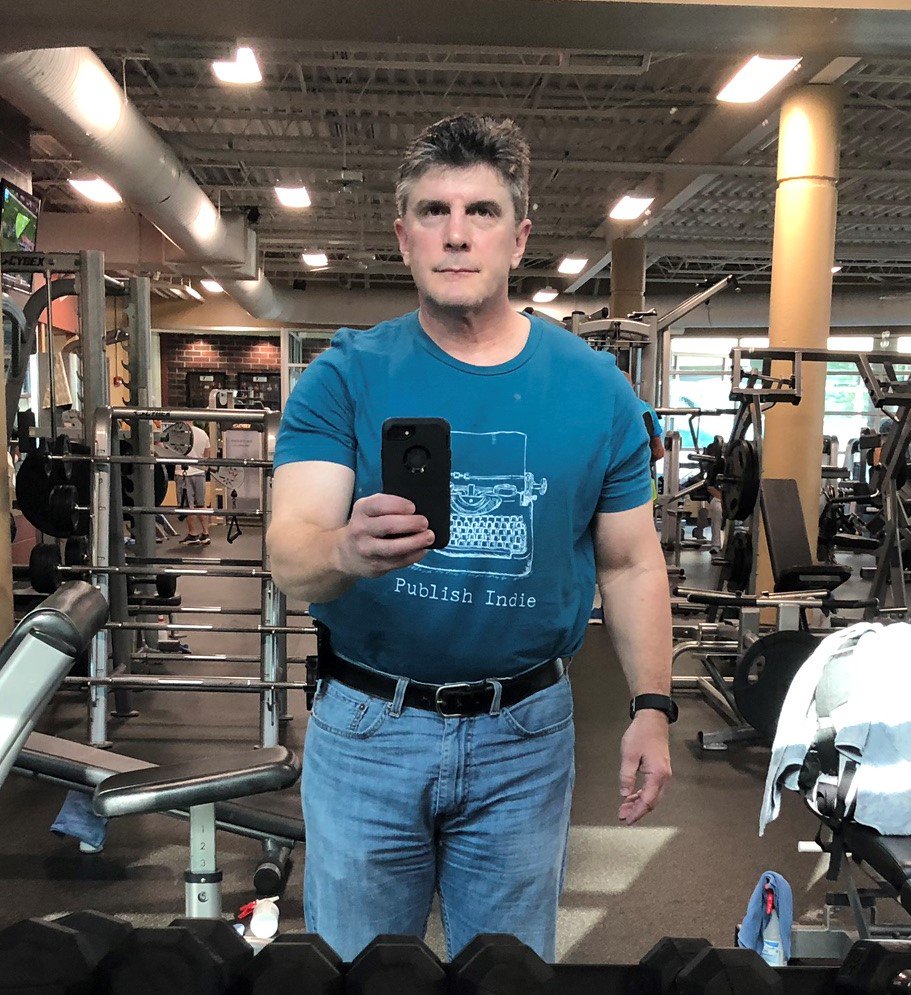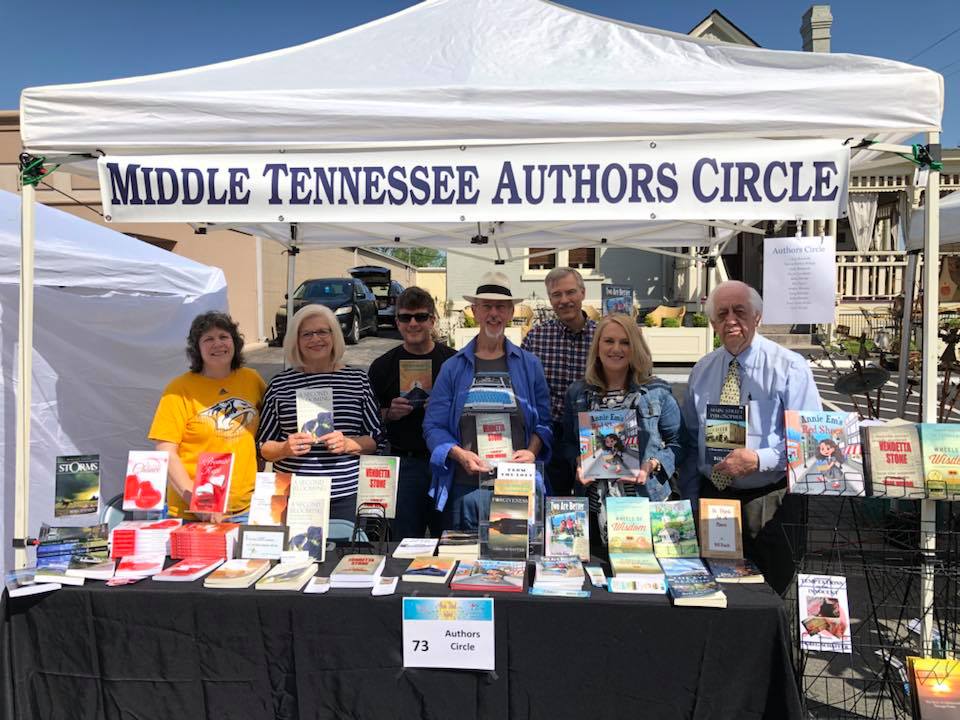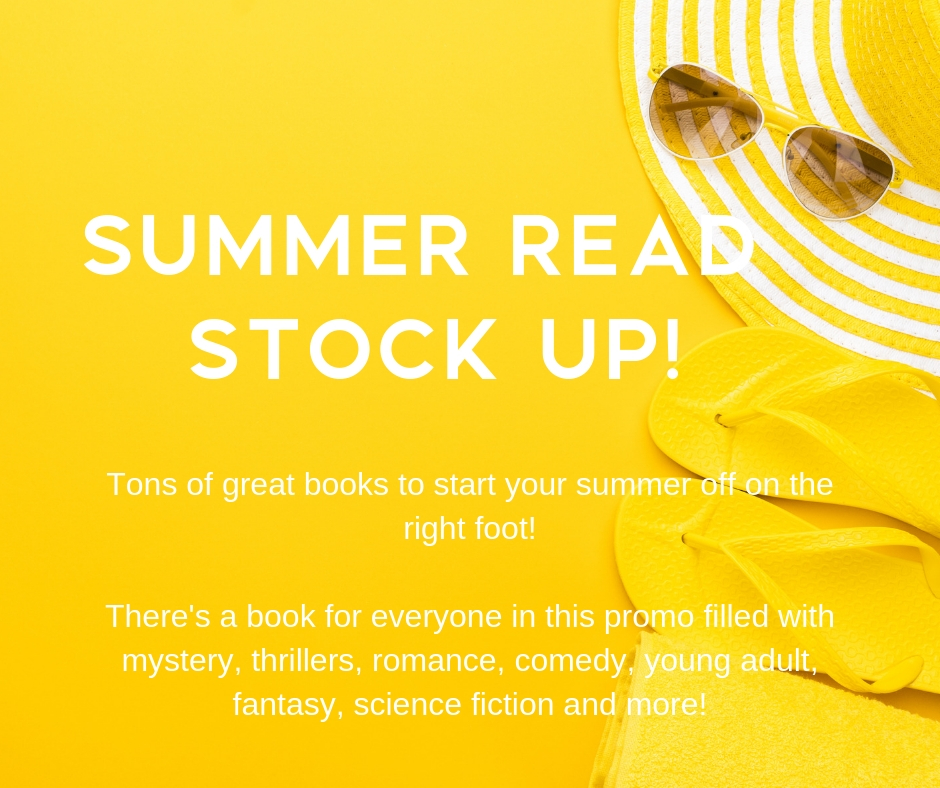It’s a common debate in the writing world today. Which is the better route to take, traditional (or trad) publishing or self-publish? Years ago, trad was the way, with vanity presses the only viable self-publish option. How many authors from the 80’s ended up with a garage full of a paperback that never sold, I have no idea.
Today, however, both e-books and print on demand (POD) are viable options to expose the author to the world without having to convince someone else to spend money to do so (which is what trad essentially is). There is much value in self-publishing:
- Maintain rights
- Maintain pricing control
- Go to market is quicker
Maintain Rights
The self-published author retains all rights to their work. Trad publishers may require a change in story, character names and development or even cover art. The trad author cannot make changes to their works easily, if at all.
Maintain Pricing Control
Trad and some hybrid self-publishing organizations do not allow for much, if any author input on pricing. This can be a huge detriment, as I explain in a bit.
Go To Market is Quicker
An author can create a work and self-publish it over a weekend. More savvy indie authors see the value in the creation process to produce quality work, and will refine their words, invoke beta readers, and hire editors (dev, copy, and proofing for fiction). Still, as I understand (as I have no trad works), the trad route from when the manuscript leaves the author’s computer to when it appears on Amazon can be a year or longer. Indie authors can go to market with quality work in a quarter of that time.
My Experience
I wrote my first novel in 1994 and queried agents in 1995. I still have a few of the rejections and the sealed package to prove copyright (back then, the recommended practice was to mail a copy of your manuscript to yourself and keep it, unopened, if there was a dispute, the postmark bearing the timestamp). That experience almost 25 years ago turned me off from trad, but again back then there was only one other option, and I was not going to travel the vanity press route.
 In 2013 I learned of IngramSpark, the self-publishing arm of Ingram, and signed up. I published as a test a short book of poems which, to my surprise, a few actually bought (it’s still available here). I found the process to be educational, not easy but I had to learn about cover design, e-book creation, print formatting, ISBN, and so on. Eventually my work from the 20th century, Forgiveness, made it to Amazon, and I was hooked on writing. A few novels later and I’m still going strong. I’m such a fan of theirs they sent me an indie pub T-shirt!
In 2013 I learned of IngramSpark, the self-publishing arm of Ingram, and signed up. I published as a test a short book of poems which, to my surprise, a few actually bought (it’s still available here). I found the process to be educational, not easy but I had to learn about cover design, e-book creation, print formatting, ISBN, and so on. Eventually my work from the 20th century, Forgiveness, made it to Amazon, and I was hooked on writing. A few novels later and I’m still going strong. I’m such a fan of theirs they sent me an indie pub T-shirt!
For my most recent novel, Leaving Darkness I opted to leverage a hybrid self-publisher, Westbow. Westbow is the self-publishing division of Thomas Nelson, a well-known Christian book publisher. I (perhaps a bit naively) thought that if I went with Westbow that surely the sales would be good enough to prompt Thomas Nelson to at least take a look at bringing my title into the trad world.
That never happened because of a few reasons, the first of which all authors understand – marketing is hard and takes much effort. I’m still learning the marketing dance – it’s part science, part skill, part luck, and part magic. Regardless of indie or trad, though, the author bears the marketing weight. Many first-time novelists don’t understand that.
Westbow also priced Leaving Darkness too high. The e-book is at $3.99 and the print (softcover) $19.95. It’s a $14.95 book, if that. Westbow offers the option to reduce the price for 30 days to $0.99 as part of a promo package. However, at over $2,000, the cost is, well, unreasonable.
I asked the marketing rep what would stop an author from putting the work up on Amazon themselves, and he said nothing, the author owns the rights (see above). He advised against it because it would cause “confusion.” I’m not sure what that means, sounds like sales talk to convince me otherwise.
Anyway, relaunching the e-book version of Leaving Darkness leveraging my relationship with IngramSpark is exactly what I just did. To ensure I didn’t step on Westbow’s toes, I used only the materials I had prepared for them, and not their layout and cover. For an e-book, the layout doesn’t matter much, and the cover photo I provided, they just added the title and my name. Easy to do myself (thanks Photoscape).
You may have noticed that I didn’t hyperlink Leaving Darkness. I will add the links when my copy is available on Amazon. I’m keeping, for now, the Westbow version there at $3.99 because of the good reviews it has. (Note 5/8/2019 – I added the link to the special edition.)
This experience has taught me that I want to stick with IngramSpark for my publishing needs. That means, likely, never pursuing the trad route again. I may change my mind if the situation is right, but so far as I’m concerned today, indie is the way, and total indie – no more hybrid self-publishers.
 was a smaller one several years ago, but we hope this larger event will become an annual tradition.
was a smaller one several years ago, but we hope this larger event will become an annual tradition.
 I have to begin it there, and with “shock and awe,” because the taking of a human life is too serious an offense in my opinion to introduce on page seventeen. It needs to be up front, in your face.
I have to begin it there, and with “shock and awe,” because the taking of a human life is too serious an offense in my opinion to introduce on page seventeen. It needs to be up front, in your face. In 2013 I learned of
In 2013 I learned of  I’m participating in a BookFunnel promotion with dozens of other authors. All together, over 80 e-books (including my debut novel Forgiveness) are available FREE for a limited time! To claim yours, go to
I’m participating in a BookFunnel promotion with dozens of other authors. All together, over 80 e-books (including my debut novel Forgiveness) are available FREE for a limited time! To claim yours, go to